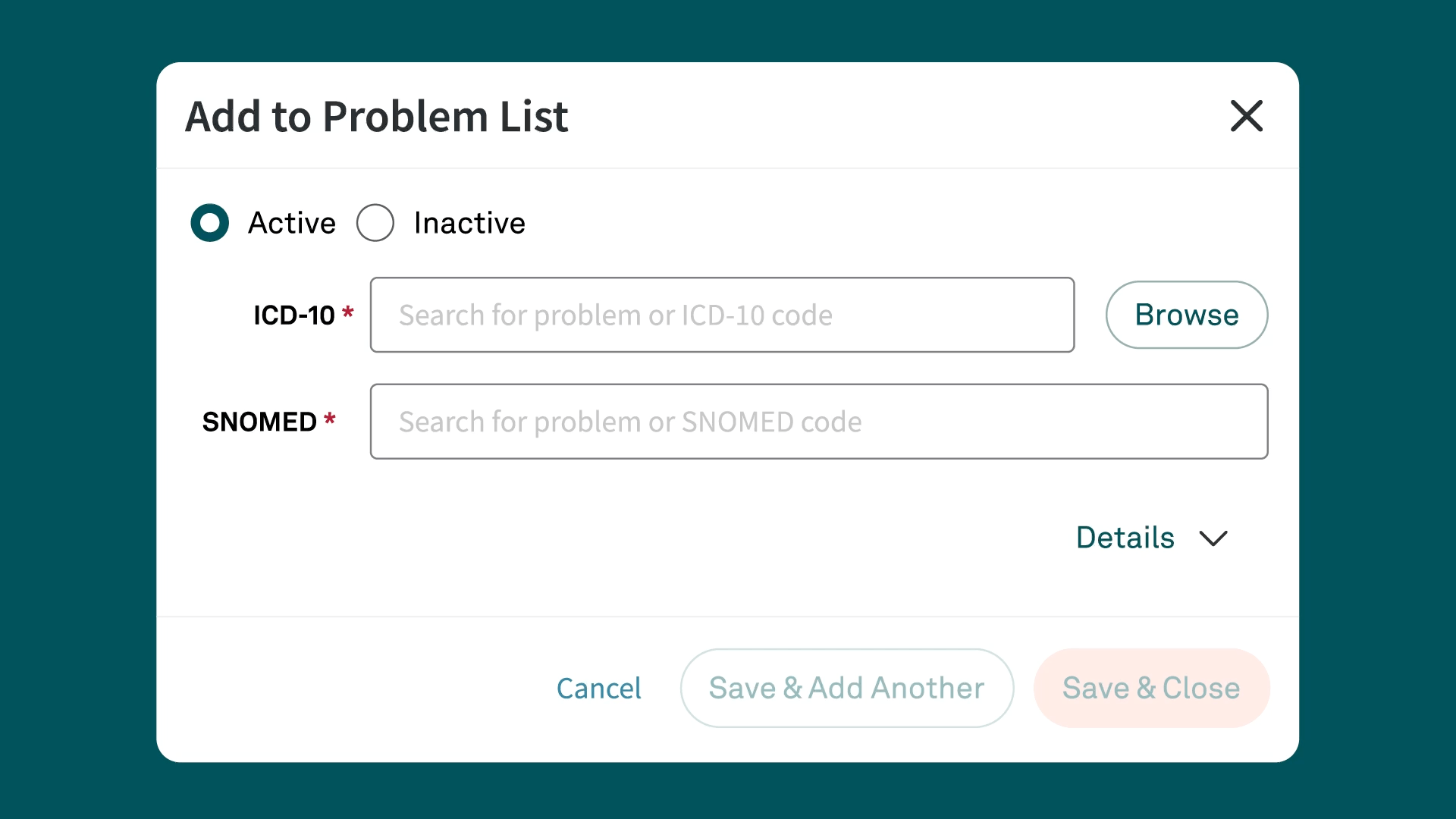What is the code P07.30?
ICD-10-CM code P07.30 refers to "preterm newborn, unspecified weeks of gestation." Code P07.30 is an International Classification of Diseases, 10th revision, Clinical Modification (ICD-10-CM) code that healthcare providers and medical billers use to indicate a newborn born before the full term of pregnancy but where the specific weeks of gestation are not documented or unknown.
Download your free resource now
Access it instantly — just complete the form

Detailed description of P07.30
The P07.30 code is part of the ICD-10 classification system that denotes conditions and diagnoses related to premature births. Specifically, it applies to newborns delivered before 37 completed weeks of gestation when the exact gestational age is not specified. This code helps healthcare providers categorize the newborn’s condition for tracking, treatment planning, and statistical purposes.
Symptoms commonly associated with P07.30
Preterm newborns, including those classified under P07.30, may exhibit various symptoms due to their early birth. Common symptoms can include:
- Low birth weight
- Underdeveloped organs, particularly the lungs
- Difficulty maintaining body temperature
- Feeding challenges
- Breathing difficulties
- Increased susceptibility to infections
These symptoms vary in severity depending on how premature the baby is and other health factors.
Related and similar ICD-10 codes
- P07.20: Extreme immaturity of newborn, unspecified weeks of gestation
- P07.21: Extreme immaturity of newborn, gestational age less than 23 completed weeks
- P07.31: Preterm newborn, gestational age 28 completed weeks
- P07.32: Preterm newborn, gestational age 29 completed weeks
- P07.33: Preterm newborn, gestational age 30 completed weeks
- P07.34: Preterm newborn, gestational age 31 completed weeks
These codes provide more specific details about the gestational age of preterm newborns.
Appropriate usage and guidelines for P07.30
Using P07.30 is appropriate when documenting the birth of a preterm infant whose gestational weeks are not specified in the medical record. Providers may use different criteria when determining prematurity, so providers and medical billers should only assign P07.30 based on documentation in the infant's record rather than information regarding the birth parent’s weeks of gestation.
P07.30 may continue to be used for visits where prematurity is a relevant factor in the patient’s care even if the patient is no longer premature during the current visit. Healthcare providers must use the code correctly to avoid misclassification and to facilitate accurate treatment and follow-up care. Accurate coding supports the collection of vital health statistics and the allocation of healthcare resources.
Common pitfalls in coding with P07.30
A common pitfall in coding with P07.30 is failing to use a more specific code when the exact weeks of gestation are documented. If the weeks of gestation are known, the more specific code should be used instead of P07.30.
Key resources for P07.30 coding
- ICD-10 Data for detailed information on ICD-10 codes, including ICD-10 P07.30
- CMS ICD-10 Codes for official coding guidelines and updates
- AAPC ICD-10 Code Lookup for comprehensive code search
These resources provide comprehensive information to assist healthcare providers in accurate coding practices.
Conclusion
ICD-10-CM code P07.30 is a way to document the birth of preterm infants when specific gestational weeks are not known. It aids in the classification of neonatal care needs and is part of accurately recording health statistics. Awareness of related codes and appropriate usage guidelines can help avoid common pitfalls and ensure precise medical documentation.
Simplify ICD-10 code documentation with Tebra
Tebra’s EHR+ gives you quick searches and Systematized Nomenclature of Medicine (SNOMED) field names for efficient code documentation. Plus, Tebra automatically saves ICD-10 to SNOMED mapping for future searches, streamlining your workflow.

Discover how Tebra helps providers effortlessly document health-related issues and conditions in this detailed post.
Stay Ahead with Expert Healthcare & Billing Insights
Get the latest industry updates, financial tips, and expert strategies — delivered straight to your inbox.

